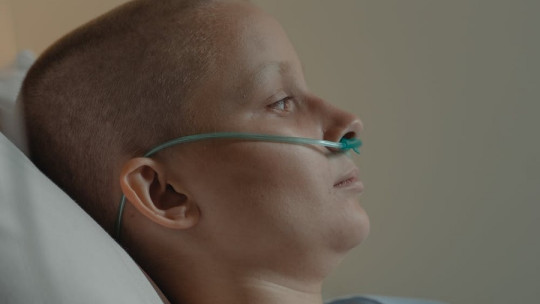What is it, without a doubt, we all human beings have in common ?
While we live our lives, we do a lot of routines necessary to survive and we also enjoy relaxing moments with the people we choose, with those who love us and whom we love. Meanwhile, on that path we cross paths with each other, we look at each other (or not) and we interact, (some more, some less) with those we know or those we stumble upon by ‘random’.
Our way of thinking about life
We share life, in some moments more, and in others less, some people more and others less… actually It doesn’t matter how we relate, the most important thing is how we perceive that experience of living and each of the experiences in life: how we notice them, first, with ourselves. It is so important to feel comfortable walking our lives day to day in our own shoes!
Whatever way we choose to live and relate, we all have thoughts every day: This is another common point, we all have them. Thoughts are part of our very existence – whether we are aware of them or not. We even learn to silence them in different ways, such as with some of the well-known techniques such as meditation or mindfulness.
The emotions
Likewise, it is a common point the emotions that each of us experience at the time and with our circumstances. These also characterize us. The emotions and thoughts that every human being have make us who we are, each one a being differentiated from the rest, a unique person. And even with everything we experience, there is something that even gives meaning to that unique and non-transferable personal experience, something that makes us all the same: we all die.
Death is an inseparable part of life
On a day-to-day basis, although the vast majority of people do not think about death, it does become more present after certain ages or at the time when diseases or conditions appear.
In these moments we see life in a different way, we approach situations in a different way and we are more aware of the value of our body as an instrument that allows us to experience and our brain as a powerful control center indisputably inseparable from the body.
Who enjoys a good level of health?
When we suffer pain or difficulty in our body-mind, our entire daily life is ‘dotted’ with this discomfort and makes everyday life heavier: life weighs more.
The Preamble to the Constitution of the World Health Organization (WHO, 1946) says: “Health is a state of complete physical, mental and social well-being, and not merely the absence of infirmity or disease.” Following this definition I ask myself: Is this state permanent? Is health within anyone’s reach? Who is healthy?
The physical body deteriorates over the years; and I insist that the body includes our brain and the mind, which has its way of assimilating what happens to us, understanding it, thinking about it, accepting it or not, and of course also, allowing us to feel how we are when faced with what happens to us. Our life experiences, with every second we live, add to this “natural” deterioration of living beings and it has a lot to do with how we face them, what we do and our attitude towards them.
There are people who have a strong body-mind, who in addition to the genetics that accompany them, take care of themselves in different areas of life: nutrition, exercise, emotional and personal-work balance, etc.
It has been shown that the body and mind can remain functional until old age, and this means deep well-being (remembering the WHO quote). But be careful, complete well-being maintained day after day, after day, every day of our lives, includes knowing how to look at and accept less good moments; from a flu that affects our body (and, therefore, our mind) and leaves us “down”, to a momentary anger with something or someone that influences our mood.
Likewise, people who have physical and/or mental problems or difficulties can also enjoy truly felt “well-being.” It may cost more: suffering from an illness directly affects the perceived quality of life, but this does not mean that you cannot feel that “you are fine”, have good moments and learn to adapt your life to that condition.
Conclusion
You are not your illness or your circumstances. You are much more than what happens to you, on a physical, mental, work, social level… You are much more. There are ways to look squarely at what we are experiencing and accept it; This acceptance results in a more authentic “well-being”, despite the condition, despite the illness, despite the problems that life sometimes presents to us at the different levels cited by the WHO: physical, social and mental.
Despite everything, the disease is not you.










